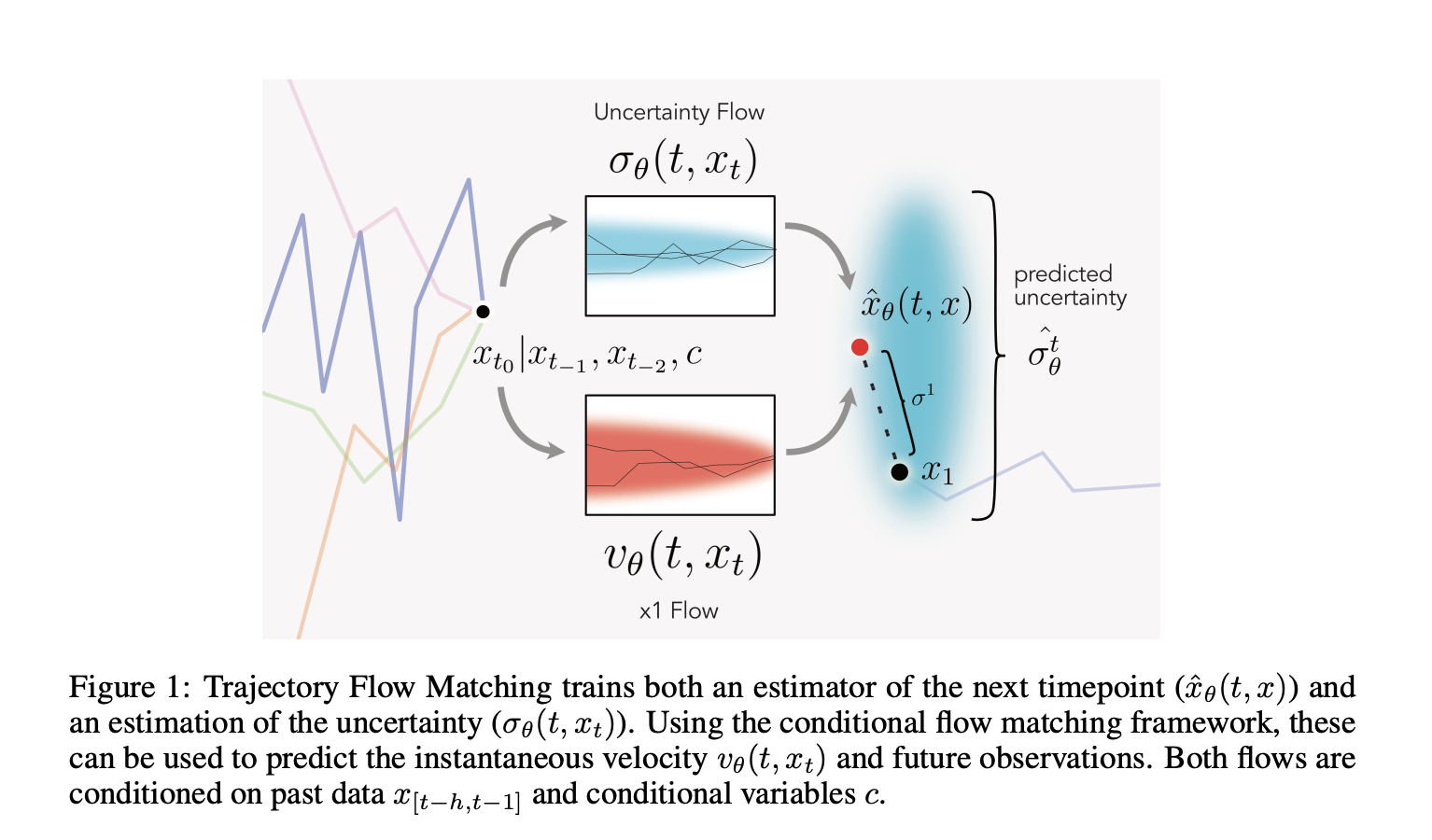
Understanding Time Series Data in Healthcare
In healthcare, time series data is used to monitor patient metrics such as vital signs, lab results, and treatment responses over time. This information is essential for:
- Tracking disease progression
- Predicting healthcare risks
- Personalizing treatments
However, analyzing this data can be challenging due to its complexity and irregularities. Poor modeling can lead to ineffective treatment strategies and misinterpretations, which can harm patient health.
Introducing Trajectory Flow Matching (TFM)
Researchers from several prestigious institutions have developed Trajectory Flow Matching (TFM). This innovative approach enhances the accuracy and adaptability of clinical time series data analysis by:
- Combining information from multiple patient trajectories
- Improving model stability and speed
Challenges with Current Models
Current time series modeling methods, like Recurrent Neural Networks (RNN) and ordinary differential equations, struggle with:
- Long-term pattern recognition
- Irregular time intervals
- High dimensionality and computational demands
These limitations can lead to inaccurate predictions and hinder effective patient care.
How TFM Works
The TFM model focuses on aligning patient data to accurately capture continuous-time dynamics. Its key features include:
- Alignment of patient trajectories
- Preservation of individual trends
- Robustness against missing data
TFM maintains the sequence of events, which is crucial for clinical decision-making. Experimental results show that TFM outperforms existing models, improving patient outcome predictions by up to 83% and effectively handling irregular sampling intervals.
Conclusion
The TFM model represents a significant advancement in clinical time series analysis. It effectively addresses issues related to irregular sampling and missing data, enhancing prediction accuracy. TFM is scalable for real-time applications, making it suitable for critical healthcare scenarios like ICU monitoring and personalized treatment planning.
By improving patient trajectory predictions, TFM aids healthcare providers in making timely and informed decisions, setting a new standard in clinical modeling.
Get Involved
Check out the Paper and GitHub Page. Follow us on Twitter, join our Telegram Channel, and connect with our LinkedIn Group. If you appreciate our work, subscribe to our newsletter and join our 55k+ ML SubReddit.
Explore AI Solutions
If you want to enhance your business with AI, consider using Trajectory Flow Matching (TFM). Here’s how to get started:
- Identify Automation Opportunities: Find key areas for AI integration.
- Define KPIs: Ensure measurable impacts from your AI initiatives.
- Select an AI Solution: Choose tools that fit your needs.
- Implement Gradually: Start small, gather data, and expand wisely.
For AI KPI management advice, contact us at hello@itinai.com. For ongoing insights, follow us on Telegram or Twitter.
Discover how AI can transform your sales processes and customer engagement at itinai.com.




























